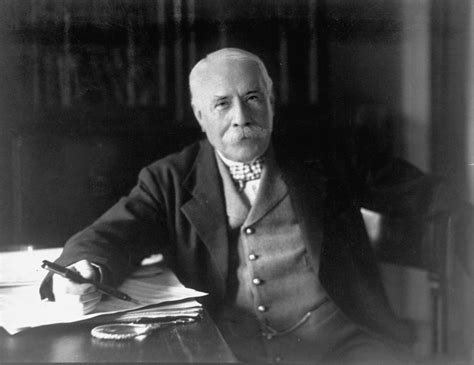I hardly know what to say, but I will try: This DVD recording of Sir Edward Elgar’s “The Dream of Gerontius” is one of the most magnificent presentations of any piece of music I know. Taped in color by the BBC inside the Worchester Cathedral in 1968, the performance is conducted by Sir Adrian Boult, then 79, and sung by Sir Peter Pears, as Gerontius; John Shirley-Quirk, the Priest; and Dame Janet Baker, the Angel.
At 58 years old, Pears gives a performance as the dying Gerontius that’s breathtaking to watch. At times looking directly into the camera, Pears virtually becomes the Gerontius imagined by John Henry Newman in his poem of 1865, traveling from this life into purgatory. And the voice! Pears’ performance is a master class for tenors in how to deliver sacred music with the voice, face, and the entire body. As I listened to his delivery of “Mortis in discrimine,” I asked myself, “how did he do that?”
The section shared by Pears and Baker beginning at 51.20 – “that calm and joy uprising in my soul” – is one of the most sublime moments in music I’ve ever experienced, helped, in part, by the superb BBC lighting and camera work. (I’m not exaggerating, by the way.)
Dame Janet Baker, well known for singing of Elgar, would be the star of this film were it not for the intensity of Pears’ performance: Like Gerontius himself, he is singing as if his life depended on it. But I’m very grateful to have this video recording of Baker, in her prime, singing one of her most celebrated roles.
Many have already heard both Baker and Shirley-Quirk, who could not be bettered as the Priest, in the famous Barbirolli EMI recording of Gerontius from 4 years earlier, 1964. They are even better here under Boult’s baton, possibly aided by the occasion of a pioneering TV broadcast of 1968. Shirley-Quirk, for example, delivers the “Angel of Agony – Jesu! by that shuddering dread which fell on Thee” – with overpowering authority, his handsome presence with that patch of silver-grey in his wavy dark hair adds an additional dramatic touch.
Just when I didn’t think the performance could reach any greater depth came Pears’ “Take me away, and in the lowest depth/ There let me be,” and what is too-often said in praise of recordings, “revelatory,” actually occurred. The soul of Gerontius was stripped bare, “That sooner I may rise, and go above….” and the so-called “fourth wall” disappeared. Pears/Gerontius was singing to me.
When Dame Janet Baker’s Angel answers, singing the “Softly and gently, deeply-ransomed soul . . . Be brave and patient on thy bed of sorrow,” I had to remind myself to keep breathing — this is great music played and sung in a way we all dream of experiencing, but rarely see and hear.
Finally, there is Sir Adrian Boult, for many years a personal friend of Elgar, resplendent in a tailcoat and extra-long baton, regally standing on a riser in front of the London Philharmonic Orchestra and Chorus in the midst of Worchester Cathedral, which the film explores in all its glory. Boult’s conducting of the “Prelude” creates a sense of approaching drama I’ve not heard in any other recording, and I’ve heard nearly all of them.
Anyone who loves music, particularly sacred music or Elgar himself, should own this DVD, it’s just that good. No, it’s not just good, it belongs to the small group of recordings that will be treasured as long as we listen to music.
